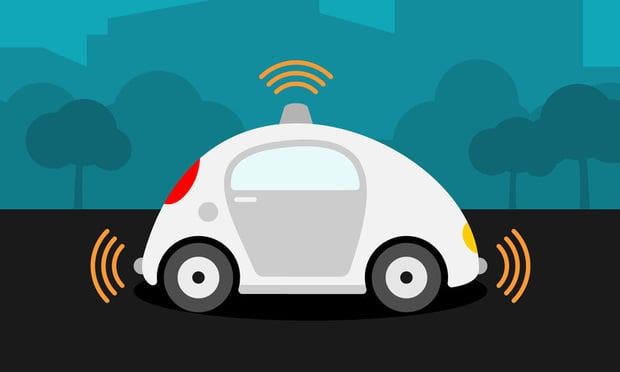2019 is just beginning and the boom for automobile technology and connectivity continues to accelerate for connected cars. Manufacturers are increasingly equipping their cars with technologies designed to meet the heightened integration and functionality demands of consumers. Increasingly, artificial intelligence is incorporated into cars to assist the drivers with directions, phone calls, entertainment, scheduling, personal tasks, and even the driving itself. Cars often contain software to provide on-board diagnostics and alert operators to potential maintenance and safety issues. With all these new features, consumers crave constant connectivity and expect a seamless integration of the smart technology in their carts with their other smart devices.
Despite the benefits smart cars can offer, increased connectivity and functionality also increases the risk of cyberattack and other cyber threats. For connected cars to maximize their functionality, the car’s operating system and software must be enabled to communicate with other systems and software. However, the communication between systems and software leaves the car’s network vulnerable to cyberattacks. It’s no secret that other industries have been haunted by high-profile attacks and security breaches, in turn damaging those company’s’ brand and value. The repercussions of cyberattacks can be extensive, affecting a company’s revenue and insurance, and can even result in personnel changes. Furthermore, companies that do not proactively prepare for cyberattacks may open themselves up for regulatory investigations, civil claims from business partners, shareholders, and employees, which may even take the form of class action lawsuits.







